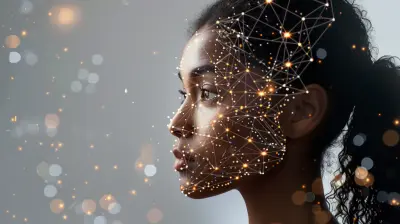Adaptive Learning and Personalization in Modern Curriculum Design
6 May 2025
Education is evolving faster than ever, and one of the biggest game-changers in modern curriculum design is adaptive learning and personalization. Think about it—students aren’t all the same, so why should they be taught the same way? With technology paving the way, personalized learning experiences are becoming the norm rather than the exception.
But what does adaptive learning really mean? How does personalization work in education? And most importantly, how do these concepts reshape the entire learning experience for students? Let’s dive into it.
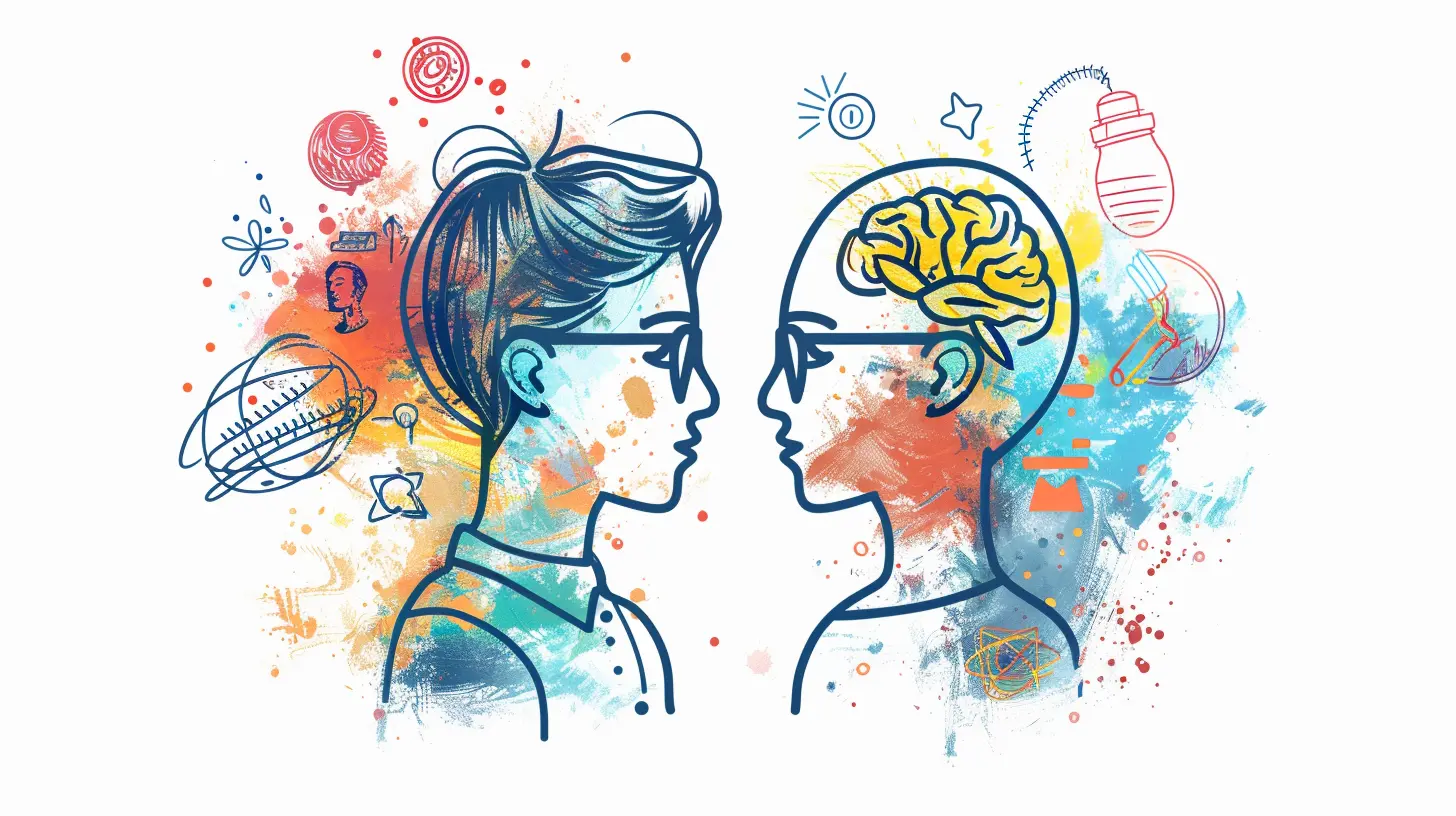
What is Adaptive Learning?
Adaptive learning is an educational approach that uses technology to tailor lessons, assignments, and assessments to the individual needs of students. Instead of following a rigid curriculum, students learn at their own pace, receiving materials and challenges that suit their level of understanding.Imagine trying to learn how to swim. Some people might get it right away, while others need extra practice with floating before moving on to strokes. Adaptive learning works the same way—it adjusts based on where the learner is, ensuring they master a concept before moving forward.
How Does Adaptive Learning Work?
At its core, adaptive learning relies on data collection and analysis. Here’s how it plays out:1. Assessment of Student Knowledge – Before diving into a new topic, the system assesses what the student already knows.
2. Personalized Content Delivery – Based on the assessment, students receive materials suited to their knowledge level.
3. Real-Time Adjustments – As students engage with the content, the system adapts, offering more challenging tasks or additional support where needed.
4. Continuous Feedback – Both students and educators get insights into progress, making adjustments smoother and more effective.
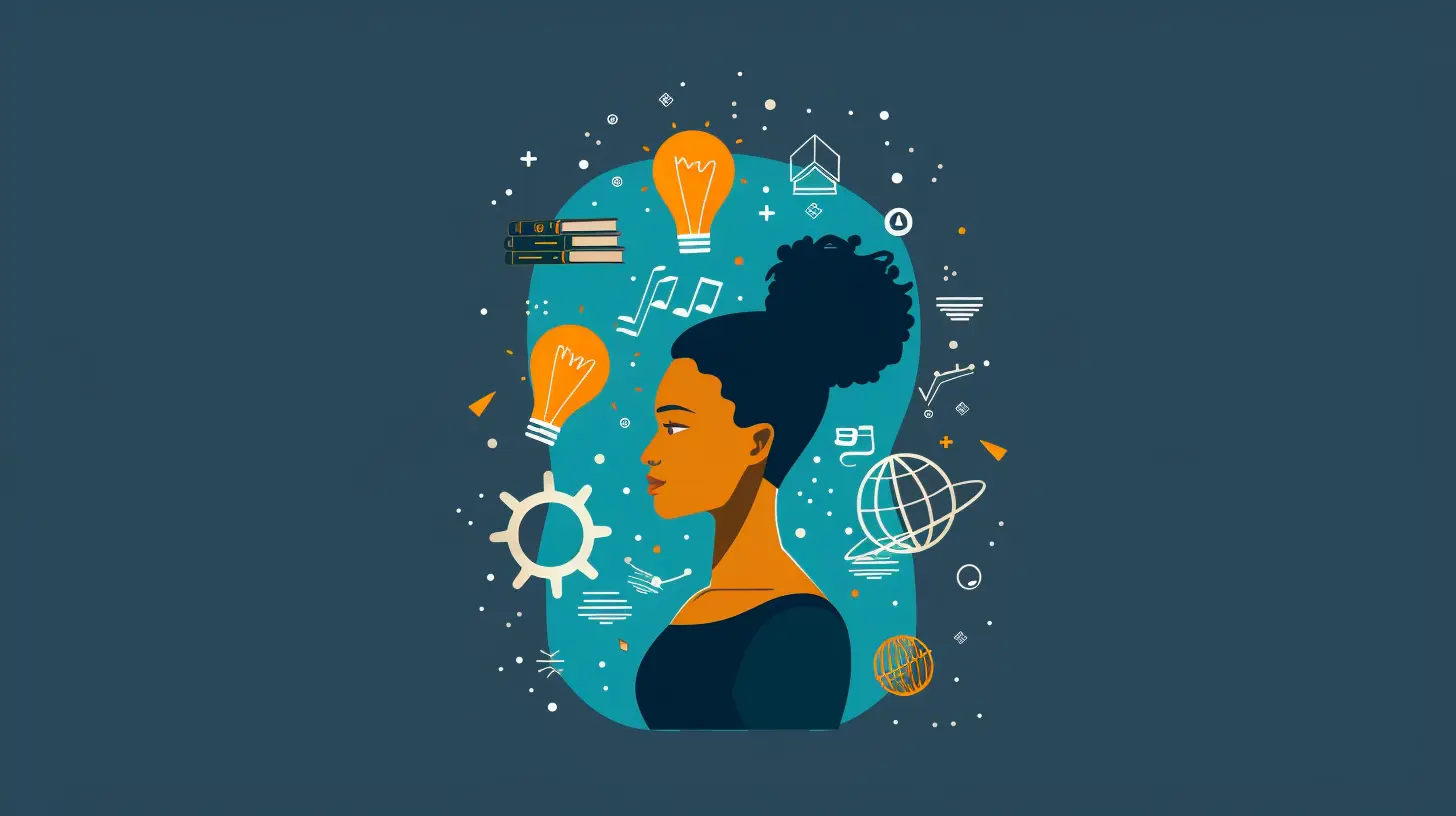
The Role of Personalization in Curriculum Design
Personalized learning takes things a step further by not just adapting content but also considering the interests, preferences, and learning styles of each student. It's like having a tailor-made educational experience just for you!Why is Personalization Important?
Think about traditional classrooms for a moment. A teacher stands in front of 30 students, delivering the same lesson to everyone. Some students grasp the concept instantly, while others struggle to keep up. Personalized learning aims to eliminate this inefficiency by addressing individual needs.Here’s why personalization is a game-changer:
- Boosts Engagement: When students encounter content that aligns with their interests, they’re more likely to stay motivated.
- Encourages Mastery: No more rushing through topics—students can spend more time on areas they find challenging.
- Improves Retention: Personalized learning helps students genuinely understand concepts rather than just memorizing facts.
How is Personalization Achieved?
Personalization in modern curriculum design is made possible through various strategies:1. AI-Powered Learning Platforms – Tools like adaptive learning software analyze student performance and tweak the curriculum accordingly.
2. Customized Learning Paths – Students can choose how they want to approach subjects, focusing on what works best for them.
3. Student-Centered Assessments – Instead of one-size-fits-all exams, educators use different methods to evaluate understanding, such as projects, presentations, or real-world applications.
4. Teacher Involvement – Educators play a critical role by using data insights to provide additional guidance, mentorship, and support.
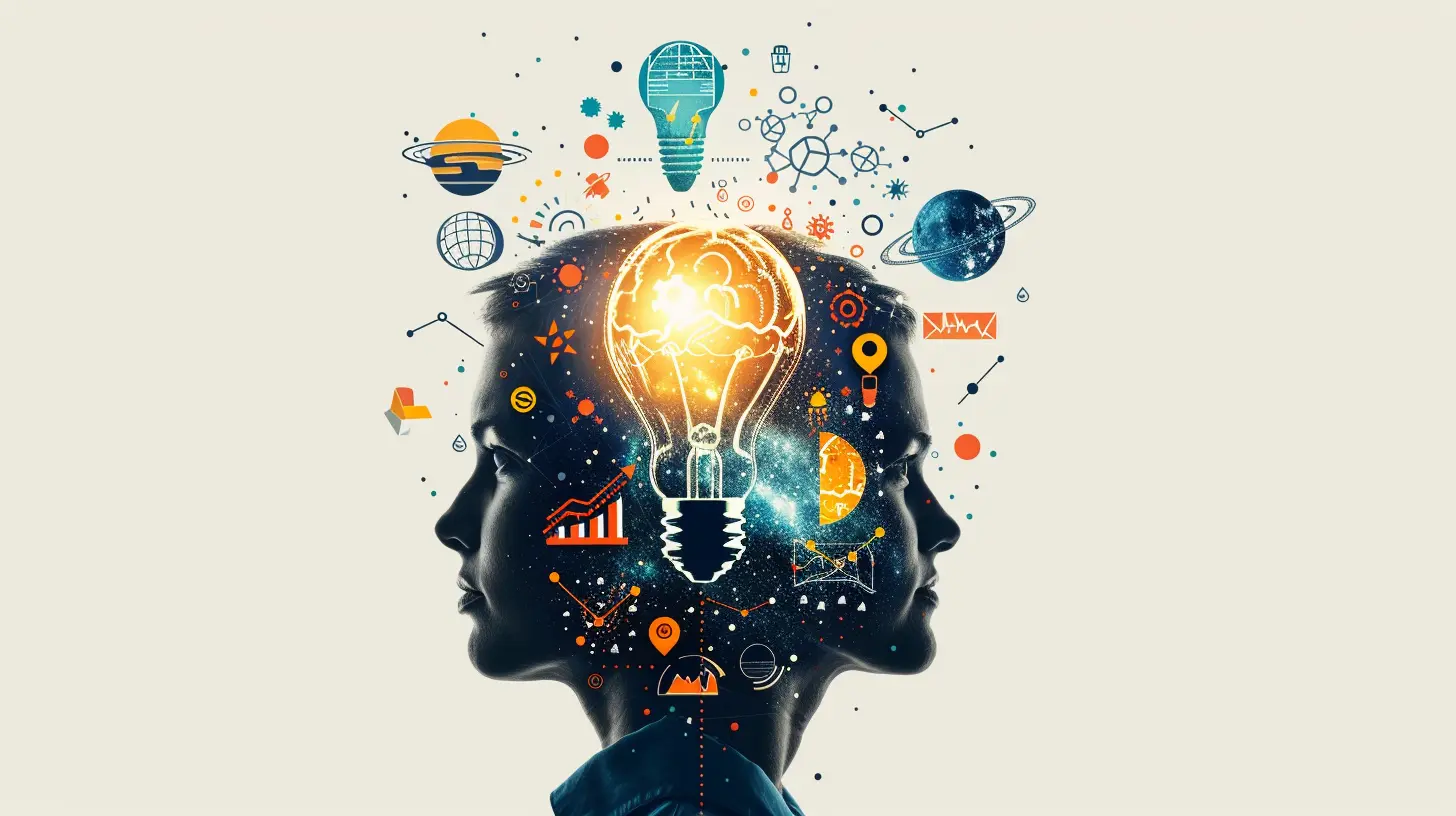
Benefits of Adaptive Learning and Personalization
When properly implemented, adaptive learning and personalization transform education in countless ways. Let’s break down the key benefits:1. Catering to Different Learning Styles
Some students learn best by reading, others by watching videos, and some through hands-on activities. Adaptive learning tools ensure that each student receives content in a format that suits them best.2. Reducing Learning Gaps
Every student has strengths and weaknesses. A personalized approach ensures that knowledge gaps are detected and filled before they become bigger problems.3. Enhancing Self-Paced Learning
Not everyone learns at the same speed. Some students excel in math but struggle with literature, while others pick up history quickly but need extra help in science. Adaptive learning allows students to progress at a comfortable pace.4. Enabling Data-Driven Decisions
Teachers can make informed decisions based on real-time data. Instead of guessing where students are struggling, they can use analytics to offer targeted support.5. Preparing Students for the Future
In today’s fast-evolving job market, flexibility and adaptability are essential skills. A personalized learning experience helps students develop lifelong learning habits and critical thinking skills.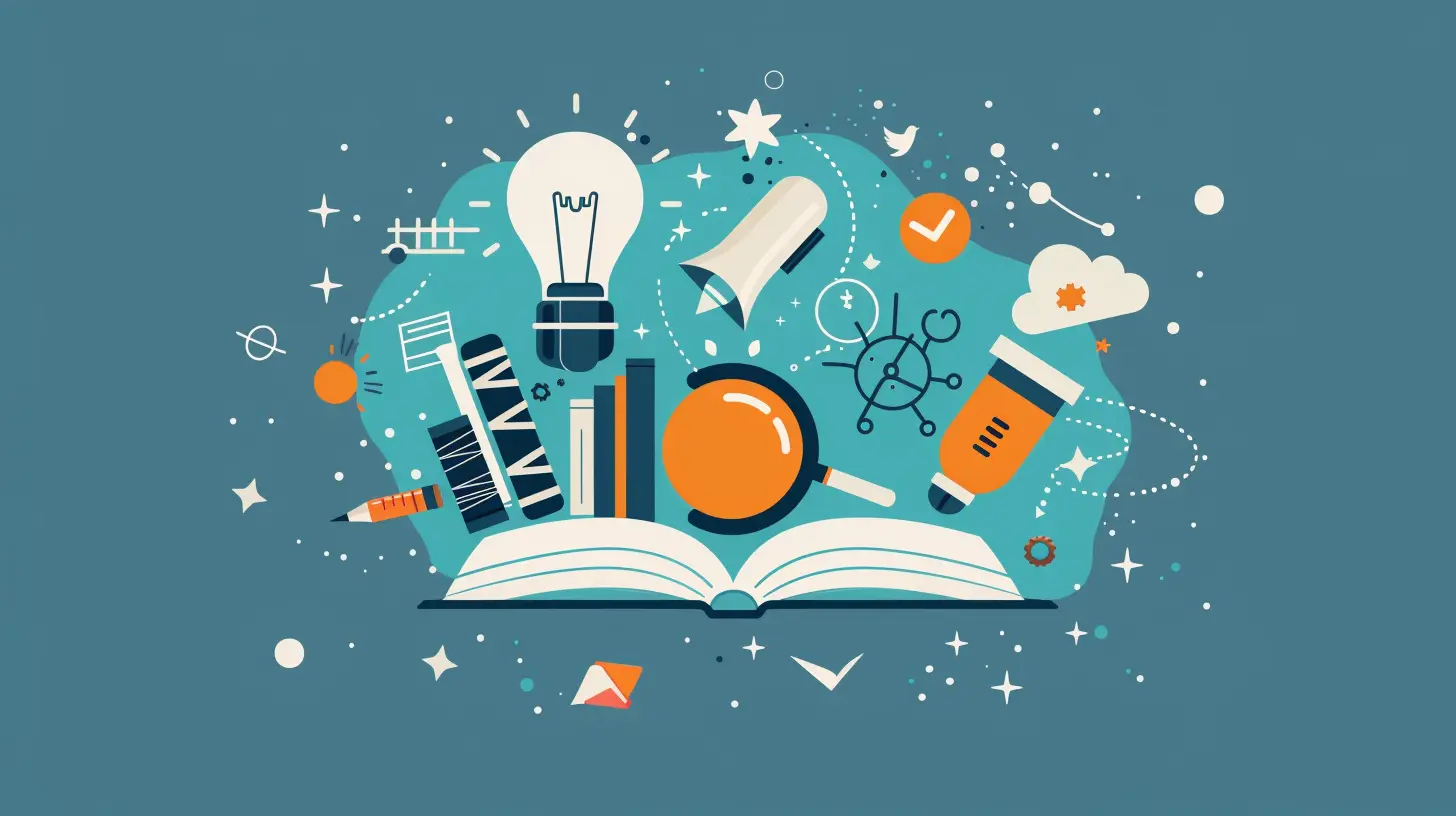
Challenges of Implementing Adaptive Learning
As promising as it sounds, adaptive learning isn’t without its challenges. Here are some common obstacles schools and institutions face:1. High Implementation Costs
Building an adaptive learning system requires investments in technology, software, and training for teachers. Not all schools have the budget to make this shift right away.2. Data Privacy Concerns
With so much student data being collected, there are concerns about privacy and security. Schools must ensure that sensitive information is protected.3. Resistance to Change
Not all educators and students readily embrace new ways of learning. Teachers may need additional training, and students might take time to adjust to self-paced learning.4. Ensuring Content Quality
While adaptive learning tools provide customized content, the quality of that content matters. Poorly designed resources can do more harm than good.The Future of Adaptive Learning and Personalization
The future of education is undeniably moving toward more personalized experiences. With advancements in artificial intelligence, machine learning, and data analytics, adaptive learning systems will only become smarter and more efficient.What’s Next?
- AI-Driven Tutors – Virtual tutors will be able to provide real-time help based on individual learning patterns.- More Interactive Content – Gamification, AR (Augmented Reality), and VR (Virtual Reality) will make learning more engaging.
- Improved Collaboration – While adaptive learning is often individualized, future systems will also strengthen group learning experiences.
Final Thoughts
Adaptive learning and personalization are revolutionizing education by making learning experiences more relevant, engaging, and effective. No longer do students have to follow a rigid, one-size-fits-all curriculum. Instead, they can learn at a pace that suits them, mastering concepts in ways that align with their personal strengths.As technology continues to evolve, education must keep up. Schools and institutions that prioritize personalized learning will better prepare students for a future that demands flexibility, adaptability, and continuous learning.
all images in this post were generated using AI tools
Category:
Curriculum DesignAuthor:

Olivia Chapman
Discussion
rate this article
6 comments
Nancy Larsen
Embracing adaptive learning and personalization transforms education, fostering individuality and empowering every student to thrive. Let's champion innovative curriculum design that nurtures unique talents and inspires lifelong learning!
May 15, 2025 at 1:02 PM

Olivia Chapman
Thank you for your insightful comment! I completely agree that adaptive learning and personalization are key to unlocking each student's potential and fostering a love for lifelong learning. Let's continue to advocate for innovative educational approaches!
Sofia Castillo
Great insights! Excited to see how adaptive learning transforms education for everyone.
May 15, 2025 at 4:07 AM

Olivia Chapman
Thank you! I'm excited about the potential of adaptive learning too—it truly has the power to enhance educational experiences for all learners.
Zayne Soto
This article insightfully highlights the transformative potential of adaptive learning and personalization in curriculum design. By catering to individual learning styles and pacing, educators can enhance student engagement and outcomes, fostering a more inclusive and effective educational environment that prepares learners for future challenges.
May 13, 2025 at 3:44 AM

Olivia Chapman
Thank you for your thoughtful comment! I'm glad you found the article's insights on adaptive learning and personalization valuable for enhancing education.
Madison Bryant
This article effectively highlights the importance of adaptive learning and personalization in modern curriculum design. By tailoring educational experiences to individual needs, educators can enhance engagement and improve student outcomes. A valuable read!
May 11, 2025 at 3:43 AM

Olivia Chapman
Thank you for your insightful comment! I'm glad you found the article valuable and agree on the importance of adaptive learning in enhancing student experiences.
Kairo Carr
This article effectively highlights the importance of adaptive learning and personalization in curriculum design. Emphasizing these elements can significantly enhance student engagement and cater to diverse learning needs. A valuable read for educators!
May 8, 2025 at 7:48 PM

Olivia Chapman
Thank you for your thoughtful feedback! I'm glad you found the article valuable and that it resonates with the importance of adaptive learning in education.
Penelope Kline
Imagine your math book adapting like a chameleon! 🎨 With adaptive learning, it’s like having a personal tutor who knows exactly what you need! 📚✨
May 6, 2025 at 11:14 AM

Olivia Chapman
Absolutely! Adaptive learning offers a tailored experience, making math not just a subject to study but a personalized journey, much like having a chameleon that adjusts to your unique learning style.
